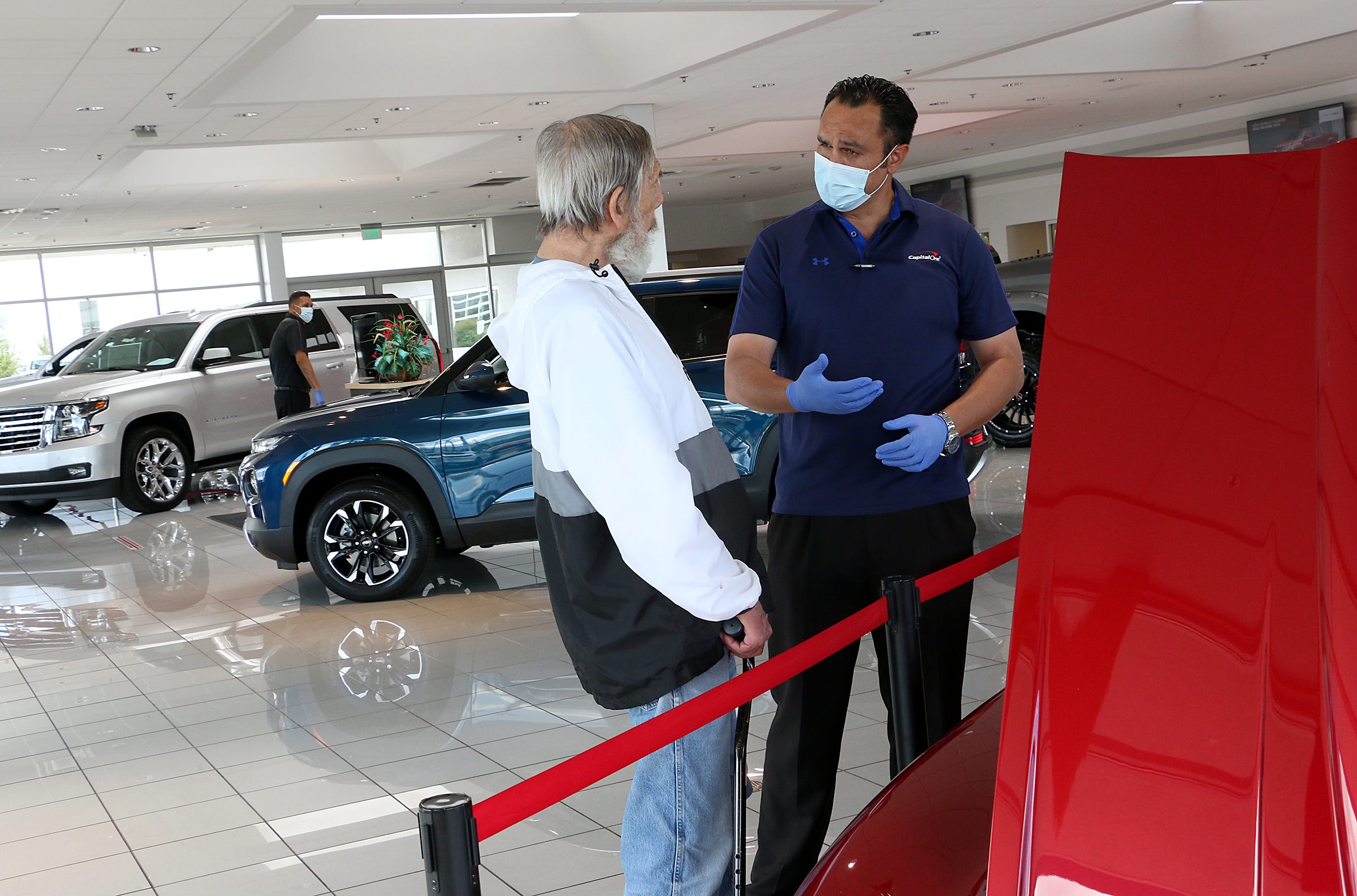There has been a lot of talk and analysis over the last few months about how the car industry has had to adapt to changes in showroom traffic, lower sales, evaporating inventory, and even struggles in the service lane with fewer repairs. The impact of COVID-19 on dealership operations and the bottom line has been far-reaching.
F&I has felt the impact as well. Though PVR is actually up on average, there are fewer deliveries and therefore overall fewer deals during the month. From a profit perspective, F&I is generally hanging on about as well as can be expected.
So, what is the current state of financing and what are F&I managers seeing from both captives and larger lenders? Are approvals being impacted? How is the COVID-19 crisis different from the Great Recession and what are some of the ways F&I can adapt to the changing landscape in lending?
Let’s take a look at where things stand now after a rough Q2.
COVID vs. Great Recession
It may be worthwhile to look at how these two seismic events have affected the auto finance space. The Great Recession of 2008 was sparked by many factors, the housing bubble being the biggest issue. For auto dealers, the long-lasting ripple effect was made worse by money simply drying up for car loans. Lenders were pulling back on approvals across the board and as a result of that and employment in certain sectors crashing, many dealers closed up shop altogether.
 COVID-19 has not had the same effect on the industry. Banks and captives have plenty of liquidity but due to the nature of this crisis and the steep and almost catastrophic rise in unemployment, credit has been tightened. Dealers are not closing lots down…yet. Some larger groups have furloughed staff with the promise that if/when sales return to normal, staff will be rehired.
COVID-19 has not had the same effect on the industry. Banks and captives have plenty of liquidity but due to the nature of this crisis and the steep and almost catastrophic rise in unemployment, credit has been tightened. Dealers are not closing lots down…yet. Some larger groups have furloughed staff with the promise that if/when sales return to normal, staff will be rehired.
Approvals Are There… With A Catch.
Credit has tightened considerably for subprime borrowers over the last few months. Totals for subprime loans year-over-year drop from 14% in March 2019 to 8% in March 2020. Lenders are justifiably scared to approve loans for borrowers with challenged credit during a pandemic where employment is risky at best.
Most OE captives are offering aggressive programs to move new cars with extended first payment terms, longer loan terms, and even Hyundai brought back its program to help borrowers if they are laid off by bringing back the car. That was a very popular program during the Great Recession and clearly, they felt the need to offer it again. It’s too early to know if that plan will be a positive for Hyundai or not.
Though approvals are steady for captives, they are asking for more POI upfront as a condition of approval, even for borrowers who have scores above 700. That seems to reflect their concern about borrowers still BEING employed when they drive the car off the lot.
Borrowers with healthy down payments and high credit scores are still finding easy approvals. These are an F&I manager’s dream right now…A-paper and low LTV. A bit of a ‘unicorn’ these days.
Looking Forward
Lenders are concerned about the next few months as more people emerge from forbearance programs. There is palpable worry about overall losses and though delinquencies remain historically low for now, COVID-19 resurgence in early-open states has some bracing for a wave of repossessions, either voluntary or involuntary.
TransUnion is estimating that if employment numbers do not rebound soon, there will be a significant peak in delinquencies into Q4. Many are watching for the passage of a new stimulus bill to help stem that tide with another round of direct checks to borrowers that will keep numbers low in the short term.
Riding the Wave in F&I
No one knows more about how to get a deal done than the F&I staff. They know the ‘bankers’ and they are on the front lines of this turbulent time in lending every day. It’s all about being prepared for changes in lending standards and being sure to stay in communication with preferred banks to be able to adapt quickly.
Knowing that lenders are more likely to ask for POI now, have F&I ask for it upfront as a way to be prepared. Maybe the lender asks, maybe not but better to be ready for quicker approval.
Be careful with buyers who may be in the travel, hospitality, or service industries where their type of employment may be a red flag to your lender. Think ahead to structuring the deal for a better shot at an approval (more down payment, POI upfront, a car that fits their credit).
It’s clear lenders are not in the same place they were during the Great Recession but it doesn’t mean that the economic effects of COVID-19 have not spooked them. Make sure F&I is prepared to get the best approvals they can by being dialed in to the changing state of lending. The rest of 2020 and into 2021 will be a bumpy ride.
Did you enjoy this article from Kristine Cain? Read other articles from her here.


While you’re here, don’t forget to subscribe to our email newsletter for all the latest auto industry news from CBT News.
This has been a JBF Business Media production.








